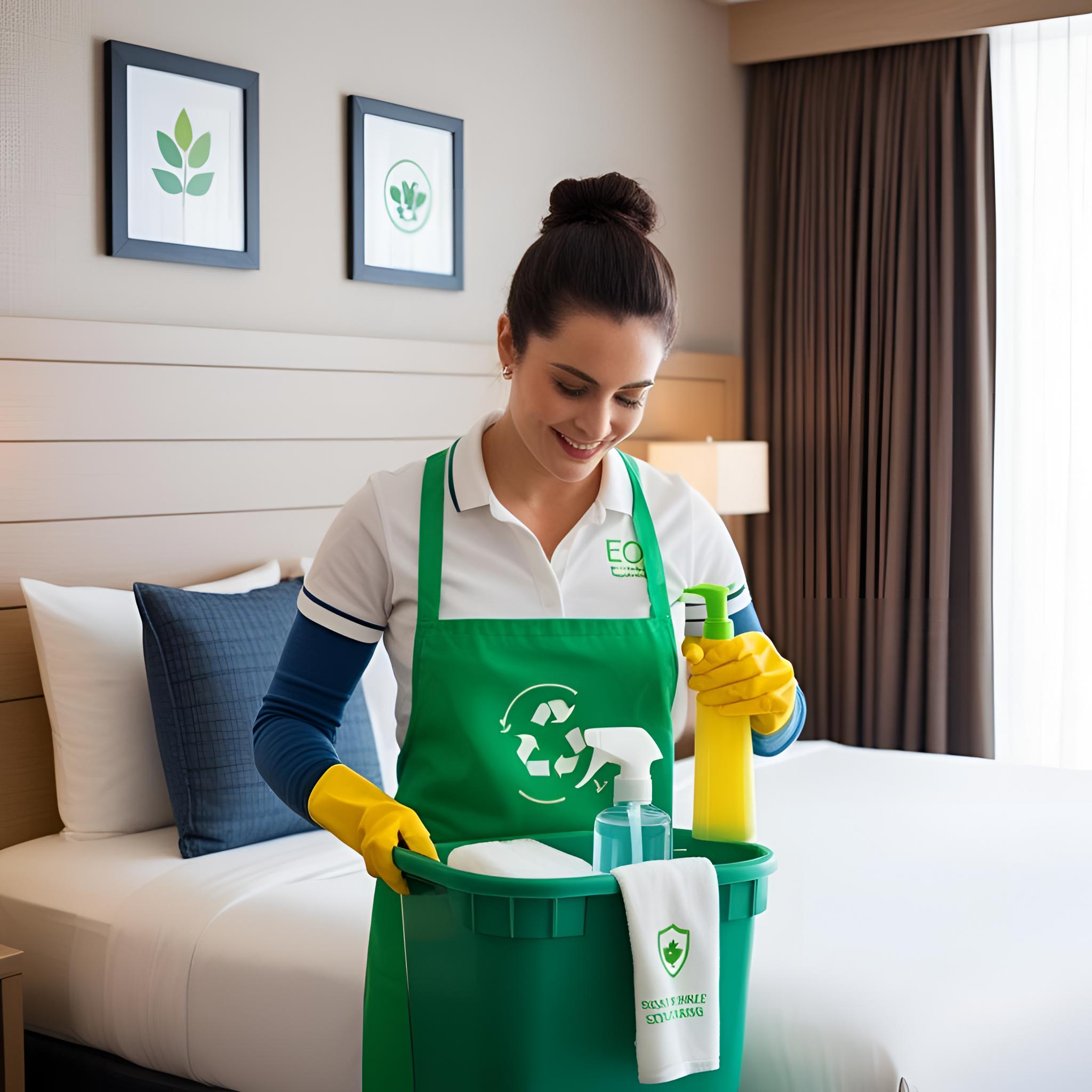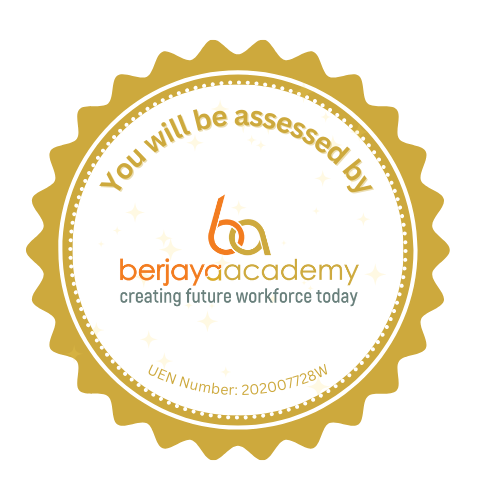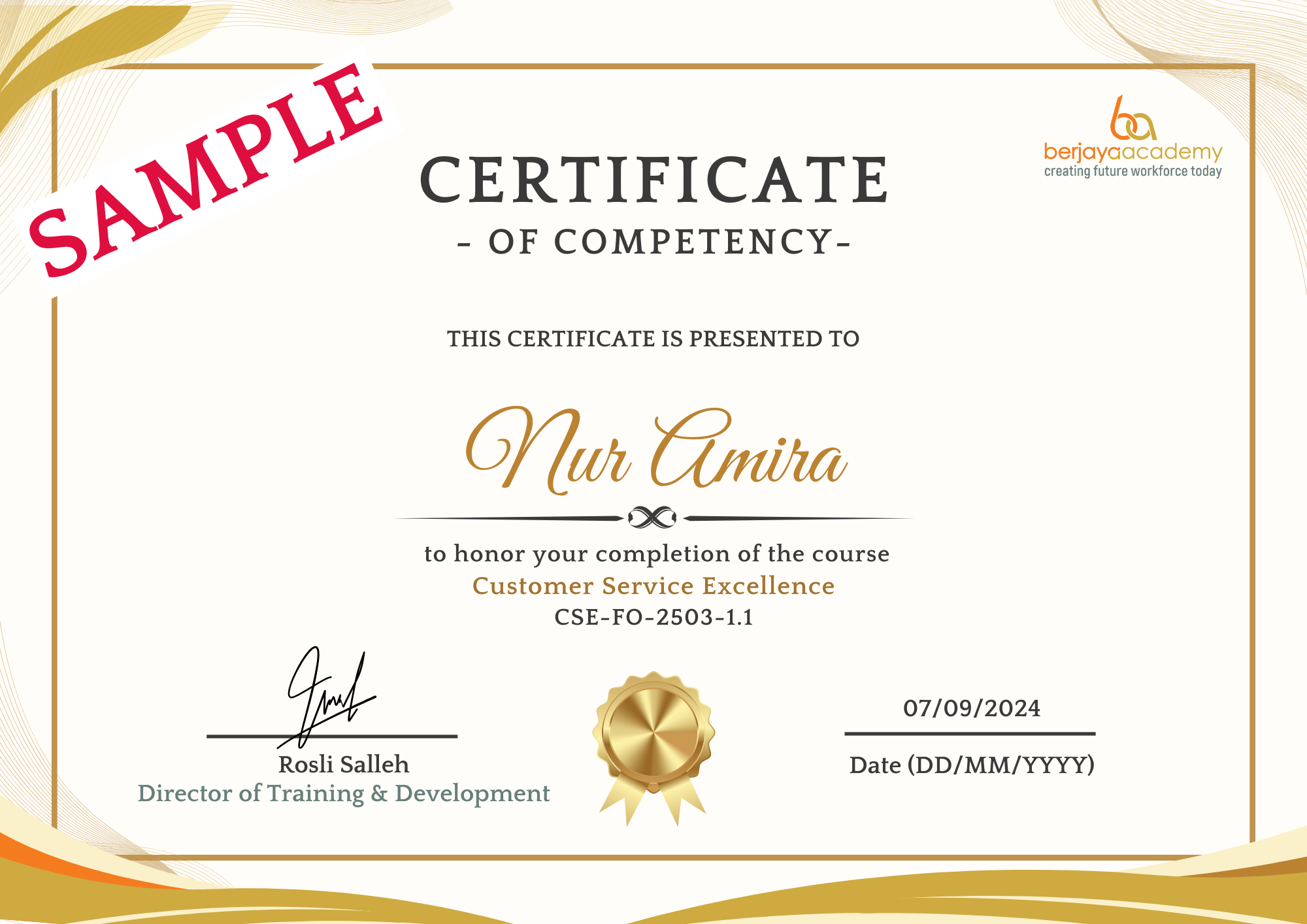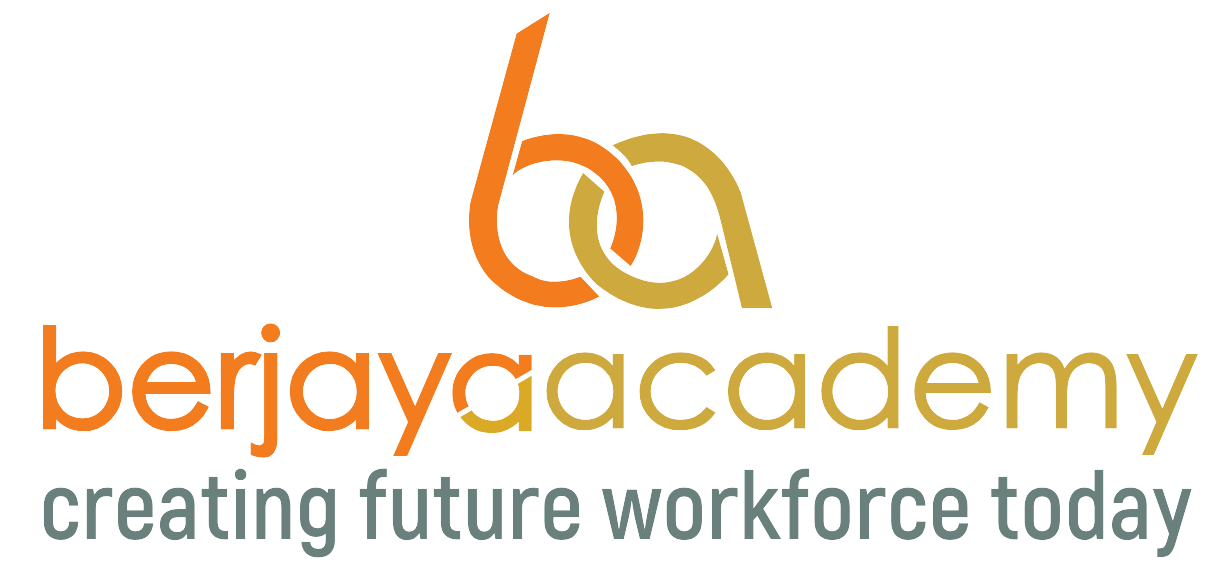
Course Details
Course Title: Health and Hygiene Standards
Course Code: HGIP-HSKP-2503-1.1
Course Accreditation
Accreditation Type: Certificate of Competency
Course Duration
Total Course Hours: 8 hours (1 day)
Course Fee
Total Course Fee: S$180/pax
Funding Available (If Applicable):
- Training Industry Professionals in Tourism (TIP-iT)
- NTUC Company Training Committee (CTC) Grant
Summary
Topics:
- Cleaning protocols for guest rooms to prevent disease transmission.
- Cleaning protocols for guest rooms to prevent disease transmission.
- Safe handling and disposal of biohazard materials (e.g., linens or trash).
- Personal hygiene standards for housekeeping staff.


Learning Objectives & Learning Units for Health and Hygiene Standards
Learning Objectives
By the end of this module, learners will be able to:
- Apply cleaning protocols for guest rooms to prevent disease transmission and maintain a safe environment for guests and staff.
- Implement safe handling and disposal procedures for biohazard materials, including contaminated linens and waste, in compliance with health and safety regulations.
- Maintain personal hygiene standards to reduce the risk of contamination and promote a hygienic work environment.
Learning Units
Unit 1: Cleaning Protocols for Guest Rooms to Prevent Disease Transmission
- Understanding Disease Transmission in Hotel Environments
- Common pathogens in hospitality settings
- How bacteria and viruses spread in guest rooms
- Step-by-Step Room Cleaning Procedures
- Pre-cleaning preparation and use of PPE
- Proper use of disinfectants and cleaning agents
- Focus areas: high-touch surfaces (e.g., light switches, door handles, remotes)
- Bedding and linen sanitization protocols
- Ventilation and air purification considerations
- Compliance with Industry Standards and Guidelines
- WHO and CDC guidelines for cleaning and disinfection
- Hotel policies and regulatory requirements
Unit 2: Safe Handling and Disposal of Biohazard Materials
- Identifying Biohazardous Waste in Housekeeping
- Types of biohazard materials (e.g., used tissues, bodily fluids, soiled linens, trash)
- Risks associated with improper handling
- Safe Handling Procedures
- Use of gloves and protective equipment
- Segregation of biohazard waste from general trash
- Preventing cross-contamination during waste collection
- Disposal and Waste Management Protocols
- Proper disposal of biohazard waste according to hotel policies
- Labeling and storing contaminated materials safely
- Legal and environmental considerations for waste disposal
- Emergency Response Procedures
- Handling accidental exposure to biohazard materials
- Reporting and documentation of hazardous incidents
Unit 3: Personal Hygiene Standards for Housekeeping Staff
- Importance of Personal Hygiene in Hospitality
- Impact on guests, staff, and overall cleanliness
- Legal and ethical responsibility of housekeeping staff
- Essential Hygiene Practices
- Proper handwashing techniques and frequency
- Use of hand sanitizers and disinfectants
- Guidelines for wearing and maintaining uniforms
- Personal grooming standards (e.g., hair, nails, minimal jewelry)
- Health and Safety Considerations
- Identifying symptoms of contagious illnesses
- Self-reporting illness to supervisors
- Best practices for reducing personal contamination risks
